16-inch Aperture Telescope
16-inch Aperture Telescope
₹412,000.00
Price includes GST
16″ f/4.5 Truss Tube Dobsonian Telescope
When you look at galaxies such as M51, M81 or M101 through the 8-inch telescope, they are visible like dim circles or shadowy smudges with slightly brighter centres. At roughly the same magnification with our 16-inch, you see spiral arms, clearly. Normally amateur astronomers are happy at just getting a glimpse of the fainter deep sky objects. With the 16-inch, you would not just see, but resolve features in nearly all of the Messier and Caldwell catalogue’s objects. Superb 16” inch aperture parabolic primary mirror, ideal for Deep-Sky viewing. It gathers 2.5x more times than a 10” inch and 4x more times than an 8” inch.
The 16-inch Aperture Telescope is capable of pulling out faint nebulas without any problem, delivering a high-quality views with its quality optics. The 16-inch Aperture Telescopes is a big scope, and is good for hunting down difficult objects but it is also good for showing more detail in the bright clusters. Take for example the Butterfly cluster, M7 in Scorpius near the Galactic Centre, it's a beautiful open cluster that seems tailor made for a small telescopes, but just point the 16-inch at the Butterfly Cluster and it takes on an entirely new character. Stars are everywhere, there's a globular cluster there, small faint clusters scattered in the entire field of view.
Keep watching the clear deep sky objects from the 16-inch telescope and you tend to make friends with them. You remember the bright swirls, dark lanes and the position of the bright spots, where the brightness tapers off or where it ends suddenly like a moving wave front. You keep revisiting your friends often to check on them, and reaffirm the old recollection of each one in your mind.
Watching the Moon takes a whole new meaning. If you have seen a sharp view of the terminator of the Moon using a smaller telescope, with the 16-inch, it is a whole new ground. The resolution is higher, and you can see craters within craters, sharp shadow of Tycho’s walls inside the crater, the layers of the crater’s edges are clear, the central peak and its crisp shadow. You can even see the shadow inside the straight rilles running for miles.
Peer into the eyepiece of an 8-inch Dobsonian and then immediately peering through a 16-inch instrument, the first thing you’ll notice is how much brighter, 4x times, the objects have become. Only afterwards will you notice the gain in resolution, 2x times. Galaxies that are mere allusions in the 8-inch Dobsonian have come alive in the 16-inch, showing far greater details to the careful visual observer. More resolving power of the 16-inch make this telescope a killer performers on planets too, when the atmospheric conditions are right. There is a huge dramatic difference in stepping up to a 16-inch from an 8-inch model. It offers huge light grasp and, when conditions allow, reveal the wonders of the universe in bright and stunning detail.
Although a 16-inch telescope takes some initiative to move around, a 16-inch Dobsonian is far easier than a 16-inch Schmidt Cassegrain on an equatorial mount. A 16-inch at a dark sky location is nothing short of obsessive, and you want to return to the eyepiece more and more. This scope has a clever portable design for such a big instrument. You can dismantle the Upper Tube Assembly, Truss Tubes and the Lower Tube Assembly along with the Rocker Box, ending up with something that is easily portable. This is a great feature for a scope of this size and weight and will help a lot if you are planning to travel.
Our 16-inch telescope is a Truss Tube Telescope. A truss is an assembly of straight columns that create a rigid structure. The columns of a truss are organized so that the assemblage as a whole behaves as a single object. A truss is made up of a web of triangles joined together to enable the even distribution of weight and the handling of changing tension and compression without bending or shearing.
Truss Tubes are used on our larger telescopes as there are advantages to using the truss set up. Truss tubes makes a very strong optical tube with little or no vibrational motion or slipping. This is important with telescopes because the slightest unwanted motion can ruin the image. Second, the truss set up is very light. Trusses add great strength while drastically reducing weight of the telescope. Trusses also increase portability as they can be dismantled to carry and assembled quickly for observation.
SPECS
Download Specifications Sheet
![]() 16-inch Truss Tube Dobsonian
16-inch Truss Tube Dobsonian
| Telescope Design | Truss Tube Collapsible Dobsonian |
| Materials used | Stainless Steel, Water proof marine ply, Veneer, laminate |
| Finish | Hard PU clear weatherproof paint |
| Primary Mirror | |
| Mirror maker | Aperture Telescope, India |
| Mirror physical / optical diameter | 406 mm / 400mm |
| Mirror edge thickness | 44 mm |
| Mirror weight | 11 kg |
| Mirror coating | Aluminium + SiO2 Protective coating 92% reflectivity |
| Focal length / focal ratio | 1800 mm, f/4.5 |
| Mirror Cell | 18 point flotation cell |
| Mirror cell material | Stainless Steel (304 grade) |
| Secondary mirror size | 80 mm minor axis |
| Upper tube assembly (UTA) | Dia 511 mm, Height 290 mm, 4.4 kg, covered with light eater black foam |
| Lower tube assembly (LTA) | Height. = 600 mm, Width = 565mm |
| Dobsonian Mounting | |
| Weight of Rocker box + mirror box | 27 kg, weight to be lifted at wheelbarrow handle end – 8.8 kg |
| Wheelbarrow length | 1730 mm |
| Eyepiece height at zenith | 1665 mm |
| Full height of telescope | 1845 mm |
| Truss tubes length, dia., thickness, wt | 1075 mm, 32 mm, 1.3 mm, 3.6 kg, all 8 tubes |
| Teflon Side bearing / Ground Board | 32 x 32 x 15mm, 4 pieces / 50 x 50 x 5mm, 4 pieces |
| Side bearing diameter | 515 mm |
| Rocker box wall thickness | 32 mm |
| Wheel barrow additional thickness | Add 180 mm both sides, 360 mm |
| Shroud | Opaque two way stretchable lycra |
| What’s in the box? | Telrad Finder,
Crayford Focuser dual speed. 25mm Plössl Eyepiece (1.25″), Alan key ‘T’ for collimation Wheelbarrow handles Shroud |
|
Optional Accessories |
Set of five eyepieces, Binoviewer,
Laser collimator, |
IN THE BOX
| What’s in the box? | Telrad Finder,
Crayford Focuser dual speed. 25mm Plössl Eyepiece (1.25″), Alan key ‘T’ for collimation Wheelbarrow handles Shroud |
OPTIONALS
|
Optional Accessories |
Set of five eyepieces, Binoviewer, Laser collimator, Complete telescope cover for storage, Finderscope – refractor type |
Why Buy Aperture
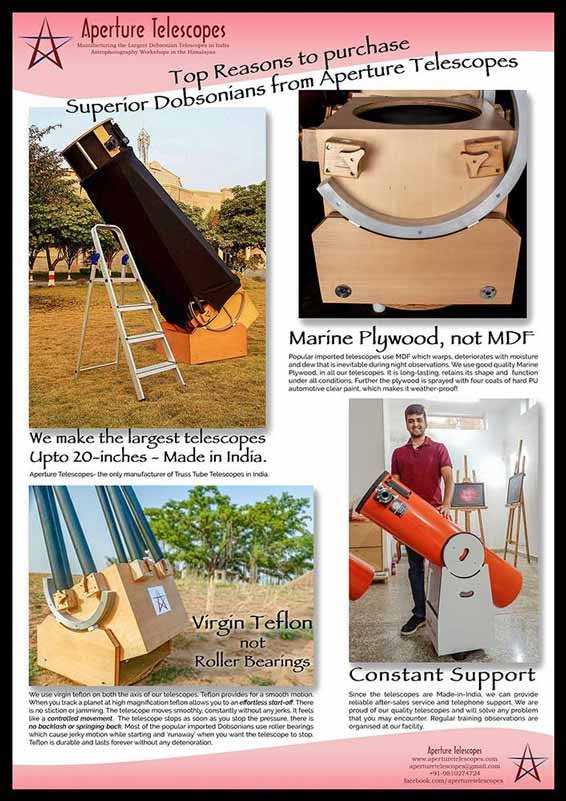



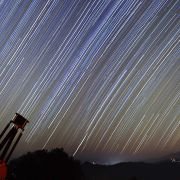
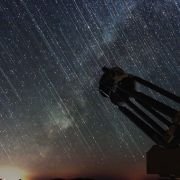




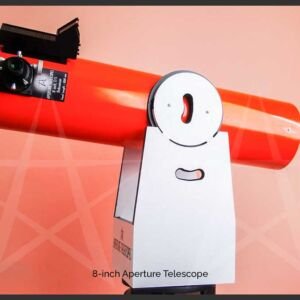


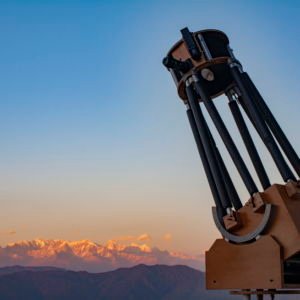
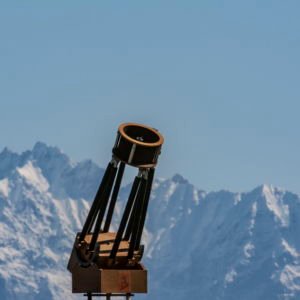

Reviews
There are no reviews yet.